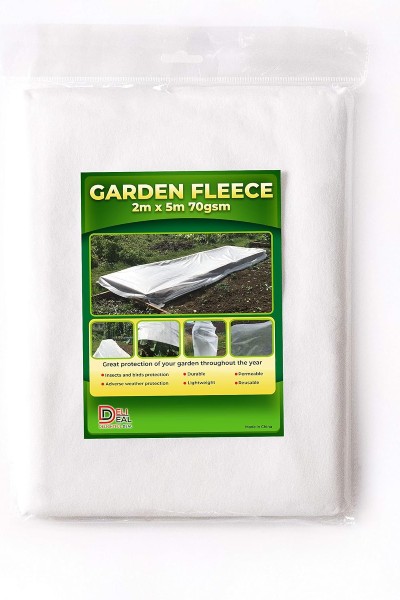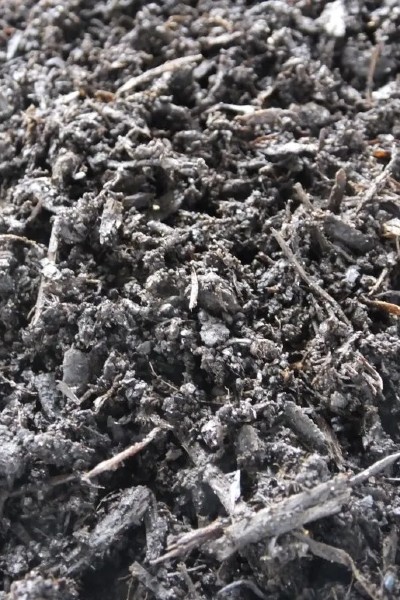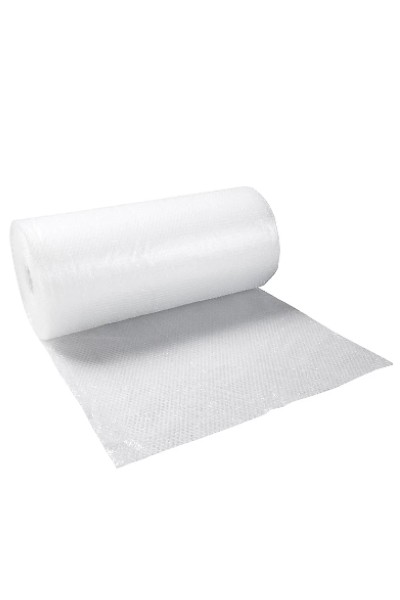Can tea really protect your plants from frost? Experts reveal the truth behind this unusual hack
Make an extra cuppa for your plants next time you’re putting the kettle on to protect them from the winter frost


With the current temperatures reaching the freezing point, protecting plants from the winter frost is on the top of every gardener’s agenda. That has given rise to many different techniques and hacks on how to do just that. And the latest we’ve come across is definitely the most unusual - tea. So is tea good for plants in winter?
When it comes to internet-famous hacks, we know to take things with a grain of salt by now as some turn out to be hits, while others are definite misses. But the idea of solving the issue of frost-damaged plants by watering them with leftover tea is an appealing one.
That’s why we asked our experts to give us the yay or nay on using tea on plants, along with a lowdown on how the hack supposedly works and what tea is best. This is what they had to say.
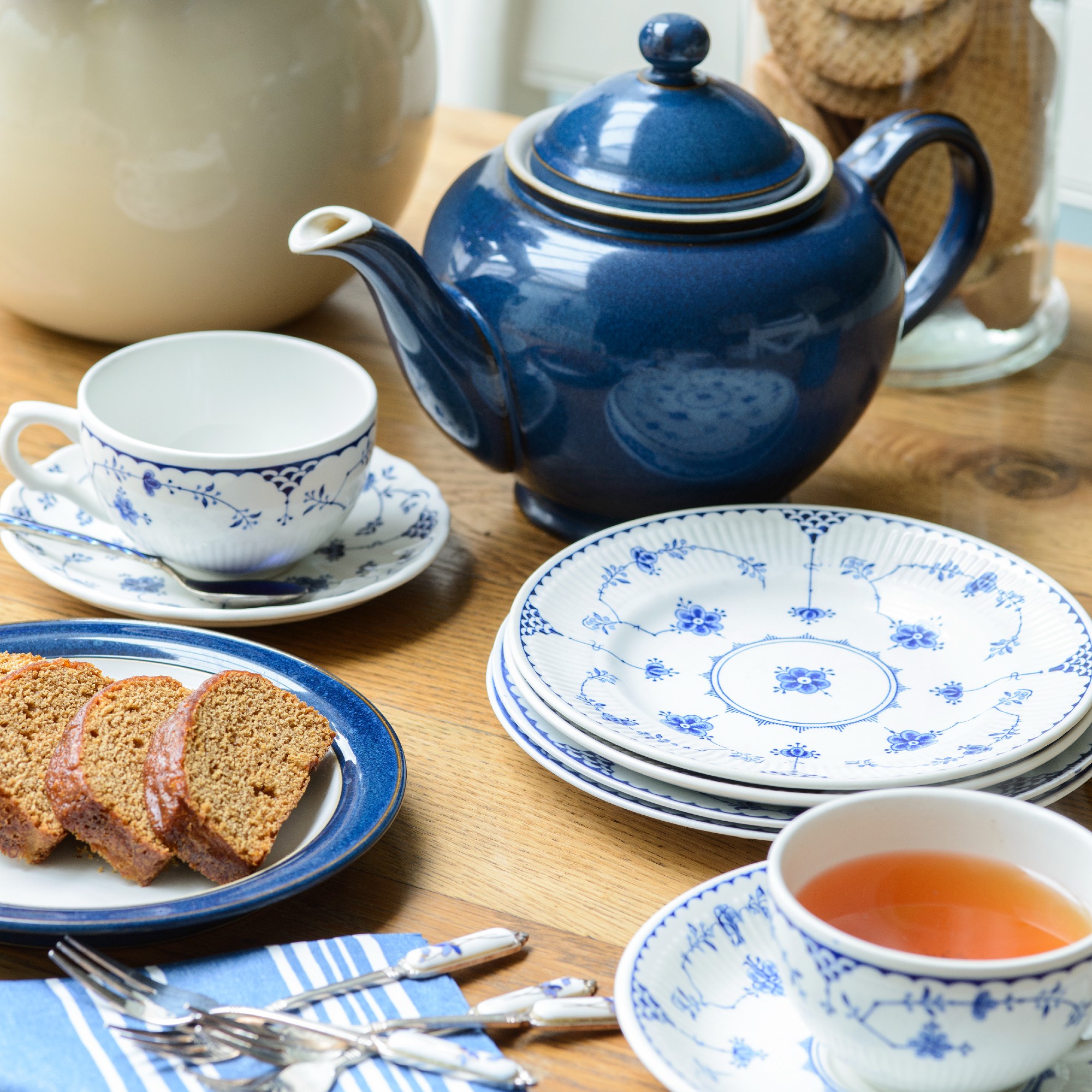
Is tea good for plants in winter?
While we’ve already got our best plant covers for winter sorted (and if you don’t, now’s the time), a little extra helping hand with protecting our plants from the frost is always welcome. So, is using tea for this purpose a myth or a legit hack?
‘Even though it may sound like one, using tea to protect plants from winter frost is actually not a myth and it's a practice based on practical aspects,’ says Petar Ivanov, gardening and plant expert at Fantastic Gardeners.
‘Black tea, in particular, contains tannins that can help plants withstand freezing temperatures.’
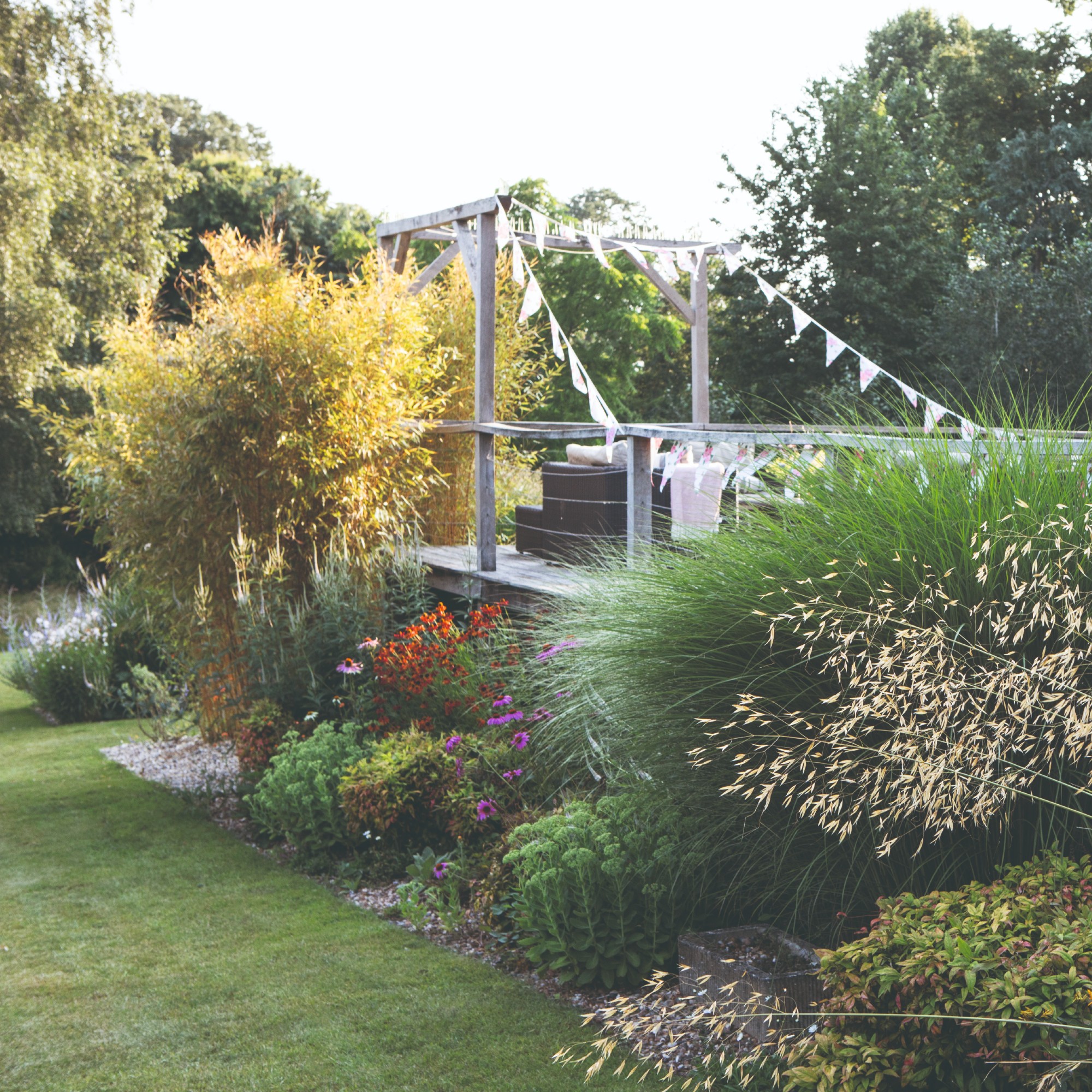
Millie Durbak, brand manager at Prestige Flowers, continues, ‘Tea contains tannins that toughen plant cell walls, making them more resilient in the cold. It's a natural defence mechanism against frost and snow that many gardeners overlook.’
Get the Ideal Home Newsletter
Sign up to our newsletter for style and decor inspiration, house makeovers, project advice and more.
So not only can tea bags can be used to clean, but your leftover tea can shield your greenery from the cold, too? How? ‘The tannins form a thin protective layer on the leaves, which can provide some insulation against frost,’ Petar explains.
But there are some important things to remember to do this method justice without damaging your plants in the process.

Petar Ivanov is one of the company's top-performing experts and manages over six teams of gardeners, delivering stunning landscape results and fostering a deep connection with nature through his work.
FAQ
How do you use tea on plants?
Black tea like your regular breakfast tea is the most recommended by gardeners as it contains the highest levels of tannins. Brew the tea with and refrain from any additives. In other words, keep the sugar and milk for yourself.
Most importantly, let the tea cool to room temperature before applying it to the plants.
‘It's generally recommended to apply it after it has cooled to room temperature,’ Petar says. ‘Pouring hot or warm tea directly onto the plants can harm them, especially if the temperature difference is significant and hot liquids, in particular, can damage plant tissues and may interfere with the intended protective effects. Applying tea at room temperature will make sure that the plants receive the optimal amount of benefits of tannins without causing thermal stress or damage.’
Then once it cools, it’s best transferred to a spray bottle for easy application. ‘There's a simple way to apply it in the form of a tea spray. Just spray the cooled tea on the foliage of the plants,’ Petar advises.

But it should be noted that this hack shouldn’t be used exclusively, but rather together with other forms of overwintering and frost protection as our experts point out.
‘I would recommend using well-tested techniques, such as mulching, and of course using protective coverings,’ says Steve Chilton, garden expert at LeisureBench. ‘You should also think about overwintering your plants that might not survive any frost.’
Petar concludes, ‘While this method may offer a degree of protection, it isn't a foolproof solution and other measures, such as mulching and covering plants during extreme cold, should also be considered and implemented for more effective winter protection.’

Sara Hesikova has been a Content Editor at Ideal Home since June 2024, starting at the title as a News Writer in July 2023. She is now also the Ideal Home Certified Expert in Training on Furniture, and so far has tested over 150 different sofas.
Graduating from London College of Fashion with a bachelor’s degree in fashion journalism in 2016, she got her start in niche fashion and lifestyle magazines like Glass and Alvar as a writer and editor before making the leap into interiors, working with the likes of 91 Magazine and copywriting for luxury bed linen brand Yves Delorme among others.
-
 Experts warn that vacuuming this one type of flooring could cause irreparable (and costly) damage — this is how you should *actually* be cleaning it
Experts warn that vacuuming this one type of flooring could cause irreparable (and costly) damage — this is how you should *actually* be cleaning itIt might be time to retire your vacuum
-
 I tested the LawnMaster hover lawn mower on my dog-ravaged lawn and found it makes light work of awkward and uneven spaces
I tested the LawnMaster hover lawn mower on my dog-ravaged lawn and found it makes light work of awkward and uneven spacesNo battery, no faff – this hover mower glides through grass in seconds
-
 I’m seeing this colour in every beautiful planting scheme this summer - and Zoe Ball nails the look
I’m seeing this colour in every beautiful planting scheme this summer - and Zoe Ball nails the lookThis versatile shade is perfect for any garden
